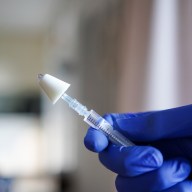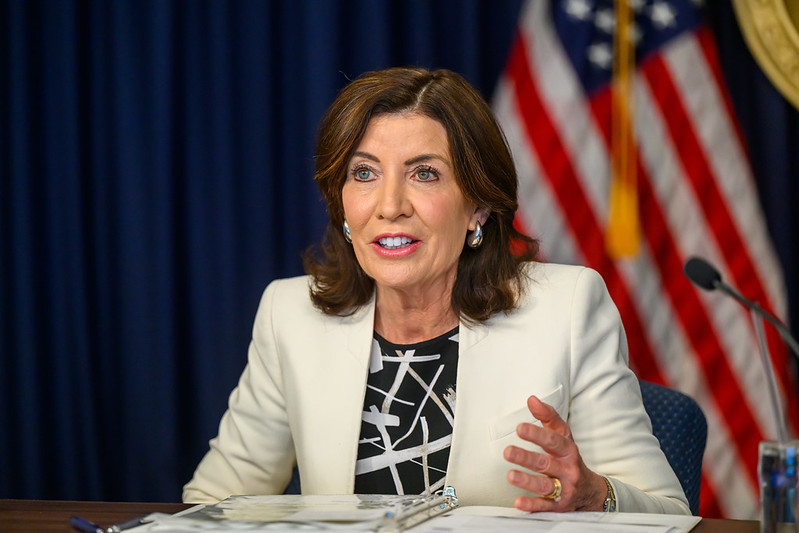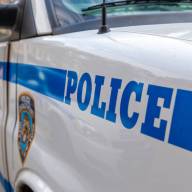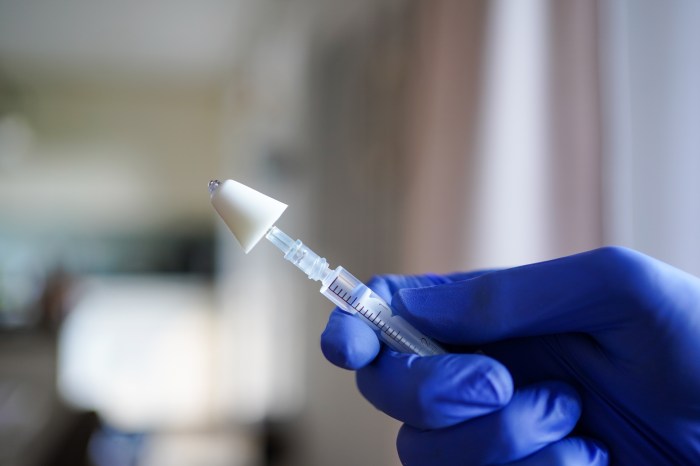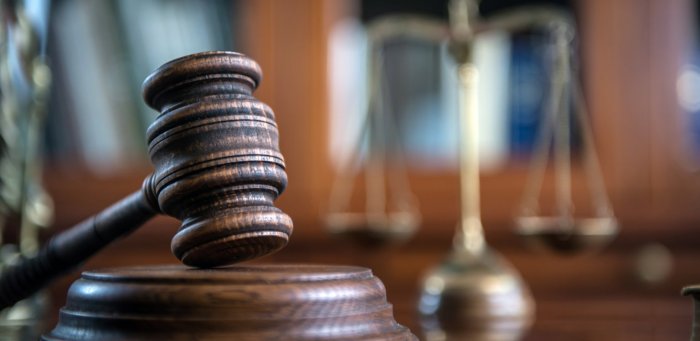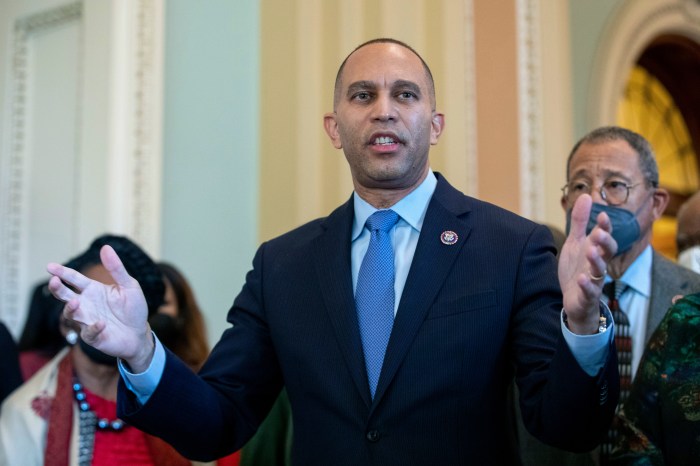Twenty-seven years after the New York State Legislature passed the Returnable Container Act, the “Bottle Bill” is about to get “Bigger” and “Better.”
The Bigger Better Bottle Bill, passed in the spring as part of New York’s 2009-2010 budget and effective October 31, marks the first comprehensive revision to the state’s five-cent deposit law, enacted in 1982.
The initial legislation stipulated that vendors charge a five-cent deposit for certain bottled and canned beverages – largely carbonated items like beer and soft drinks – and return the deposits in exchange for empty containers.
Champions say the bill has been extraordinarily effective. The state Department of Environmental Conservation (DEC) notes that the legislation reduced roadside litter by 70 percent; eliminated 200,000 metric tons of greenhouse gases each year; led to the recycling of 90 billion containers; and saved more than 52 million barrels of oil.
However, since the original Bottle Bill became law, the DEC says, non-carbonated beverages have taken over a sizable share of the drink market. They now make up 23 percent, according to the agency.
In response, the original Bottle Bill has been updated to include bottled water and flavored or nutritionally enhanced, sugar-free water, 2.5 billion bottles of which are consumed by New Yorkers each year, according to the DEC.
“We’d seen a significant increase in the amount of water bottles and other items now included in the Bottle Bill on our roadsides and in our landfills,” explained DEC spokesperson Maureen Wren.
Wren noted that the intent of the Bottle Bill, back in 1982, was to encourage consumers to recycle, and she said the DEC expects the Bigger Better Bottle Bill to give potential recyclers even more of a boost.
Whereas, for nearly three decades previously unclaimed beverage deposits have been returned to distributors, under the Bigger Better Bill, 80 percent of those deposits will go to the state. And, according to Wren, those unclaimed nickels are expected to raise up to $100 million a year for New York.
Following the bill’s passing in April, the International Bottled Water Association secured an injunction that effectively stalled the Bottle Bill’s overhaul. But, a recent decision by the U.S. District Court for the Southern District of New York lifted the injunction and all vendors, distributors and producers must be in compliance by October 31 – though the state has enacted a week-long grace period.
In a statement, Governor David Paterson applauded the bill and said the inclusion of bottled water “not only provides our state with much-needed revenue, but will also help us to keep our neighborhoods and parks clean.”








